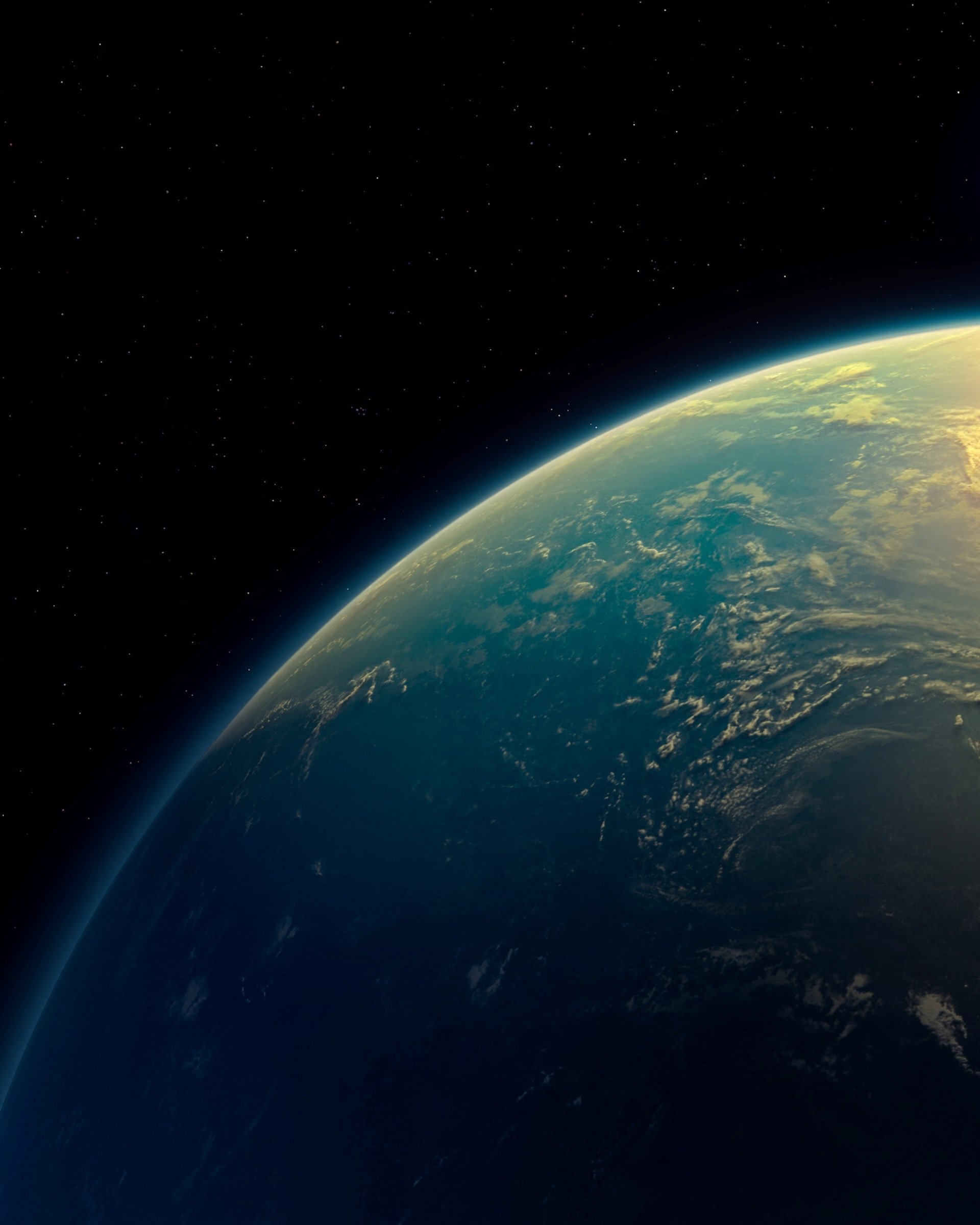🪐 Home to Alien Life?
Scientists Detect Potential Biosignatures on Distant Exoplanet K2-18b
In a groundbreaking development, astronomers have identified compelling signs that the exoplanet K2-18b, located approximately 124 light-years from Earth, may harbor conditions suitable for life. Utilizing data from the James Webb Space Telescope (JWST), researchers have detected chemical compounds in the planet’s atmosphere that, on Earth, are predominantly produced by biological processes.
The Discovery
K2-18b resides within the habitable zone of its red dwarf star, a region where temperatures could allow for liquid water—a crucial ingredient for life—to exist. The planet is classified as a “Hycean world”, characterized by a hydrogen-rich atmosphere and a vast, possibly global, ocean beneath.
Recent spectroscopic analyses have revealed the presence of dimethyl sulfide (DMS) and dimethyl disulfide (DMDS) in K2-18b’s atmosphere. On Earth, these compounds are primarily emitted by marine microorganisms such as phytoplankton. The detection of these molecules suggests that similar biological processes might be occurring on this distant world.
Caution and Further Research
While the findings are promising, scientists urge caution. The presence of DMS and DMDS could potentially be attributed to unknown non-biological processes. Further observations and studies are necessary to confirm the biological origin of these compounds.
Dr. Nikku Madhusudhan, the lead researcher from the University of Cambridge, emphasized the significance of the discovery:
“This is a transformational moment in the search for life beyond the solar system, where we have demonstrated that it is possible to detect biosignatures in potentially habitable planets with current facilities.”



